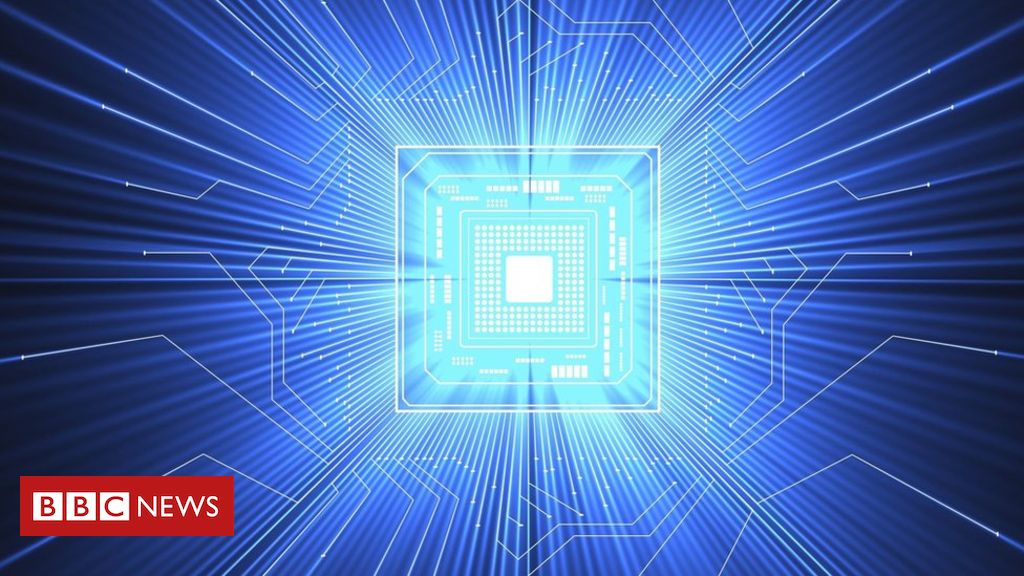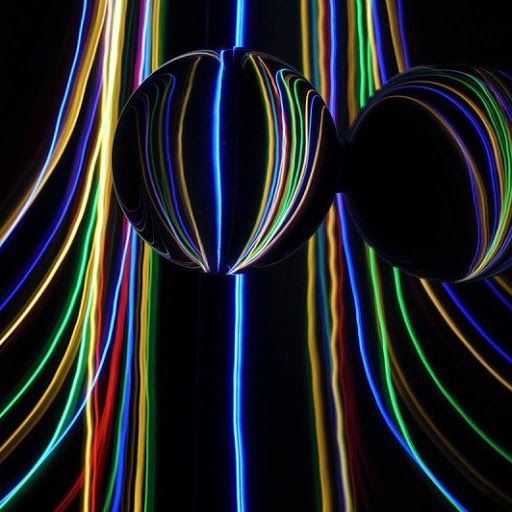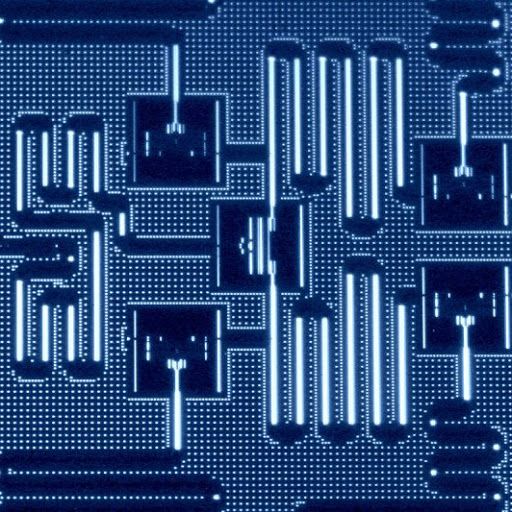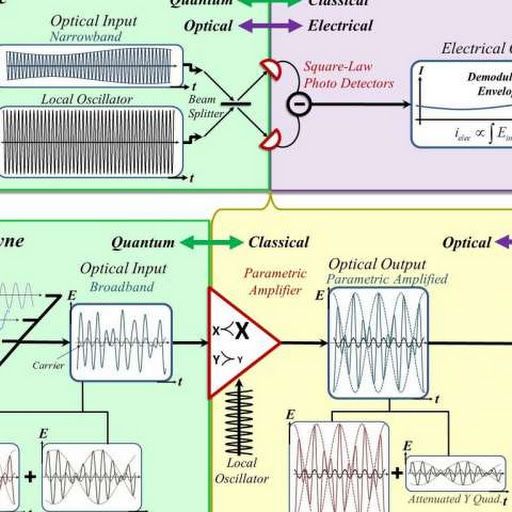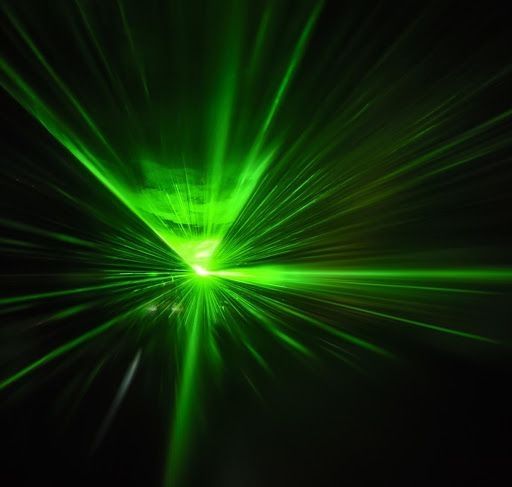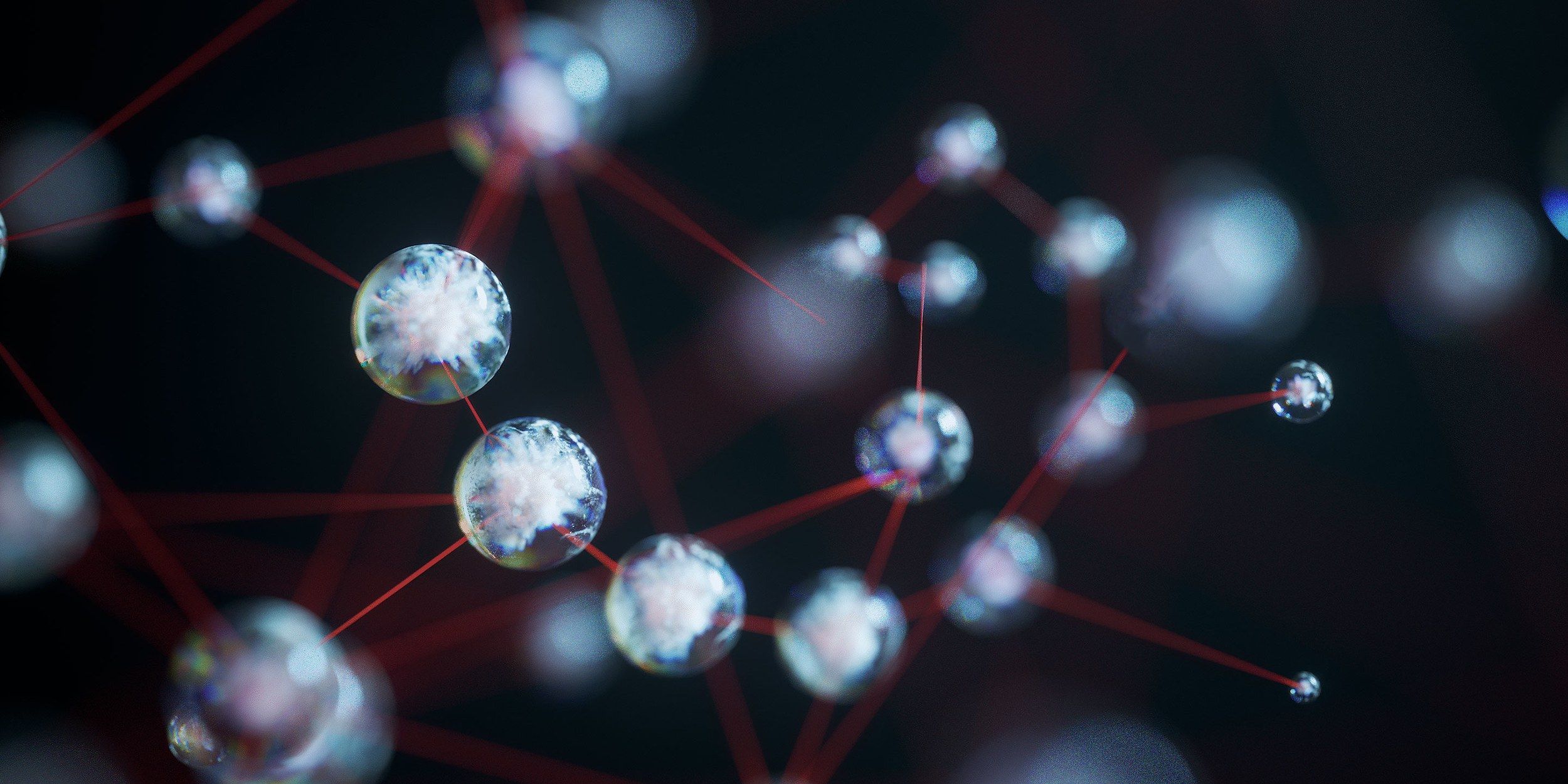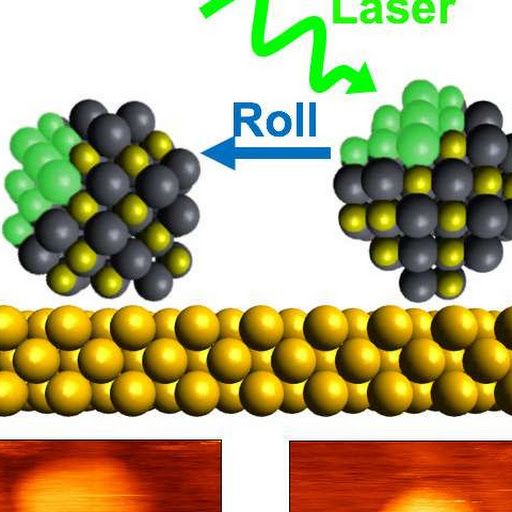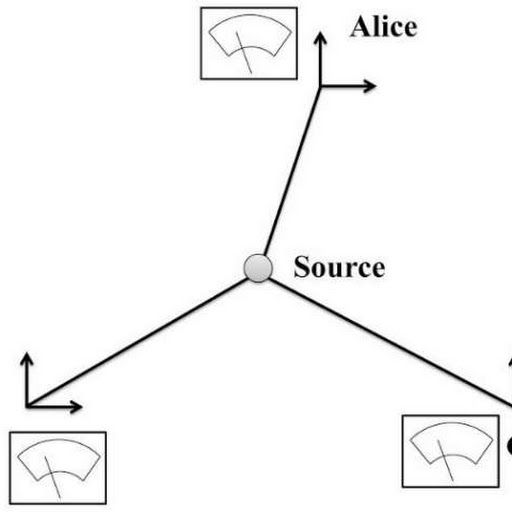Quantum computing has taken a step forward with the development of a programmable quantum processor made with silicon.
The team used microwave energy to align two electron particles suspended in silicon, then used them to perform a set of test calculations.
By using silicon, the scientists hope that quantum computers will be more easy to control and manufacture.
